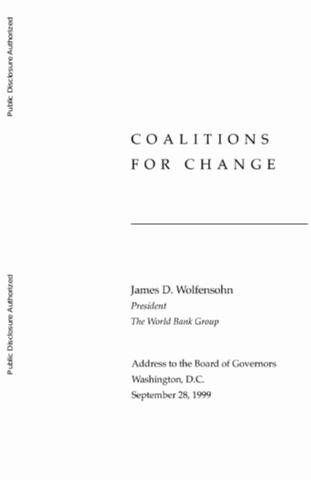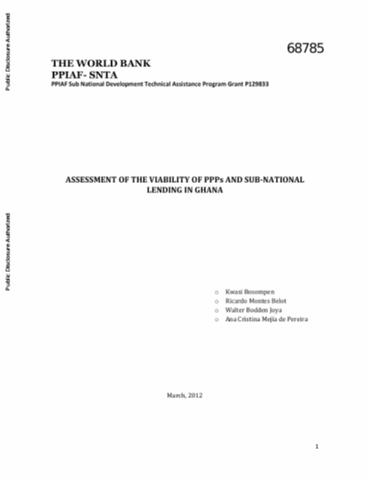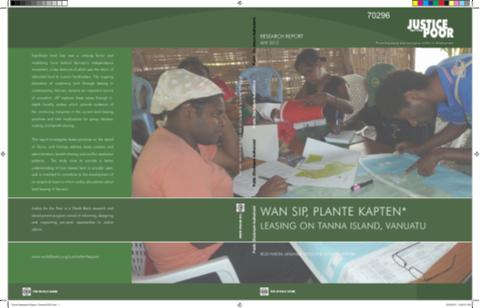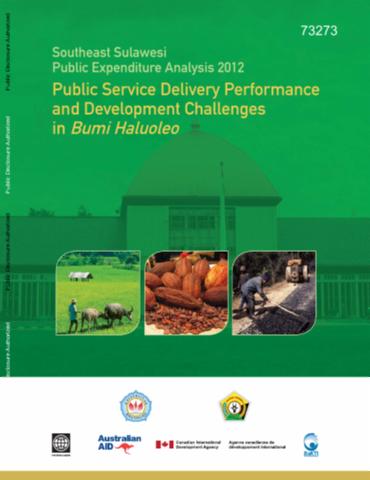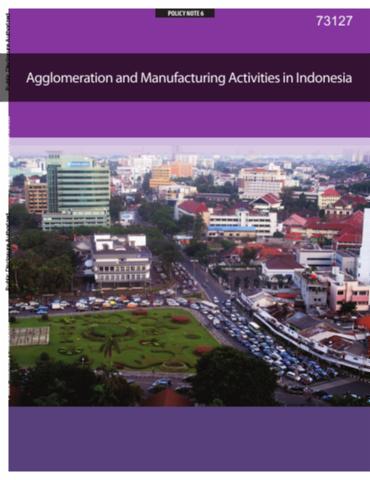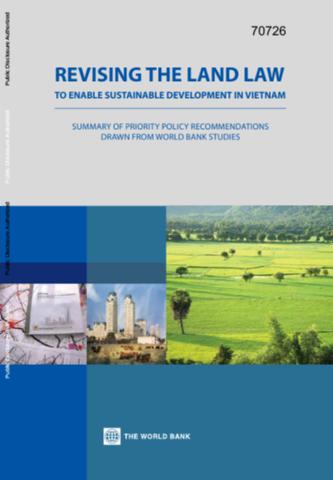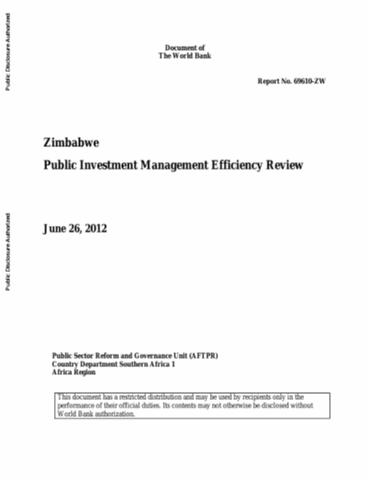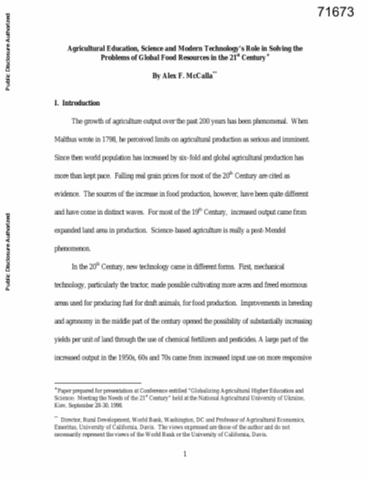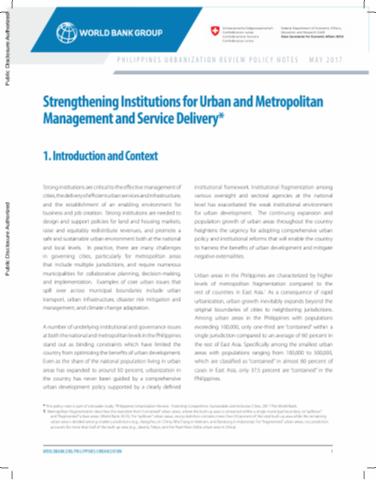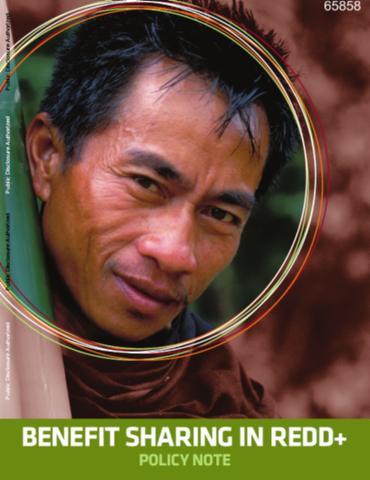Coalitions for Change
World Bank Group President, James Wolfensohn addressed the Board of Governors. In the past year the Bank launched a new initiative—the Comprehensive Development Framework (CDF). The aim was to bring the social and the structural aspects of development together with the macroeconomic and the financial so as to establish a much more balanced and effective approach. The Bank will work with the broad development community—the United Nations, the European Union, bilaterals, regional development banks, civil society, and the private sector—to build genuine partnerships.

